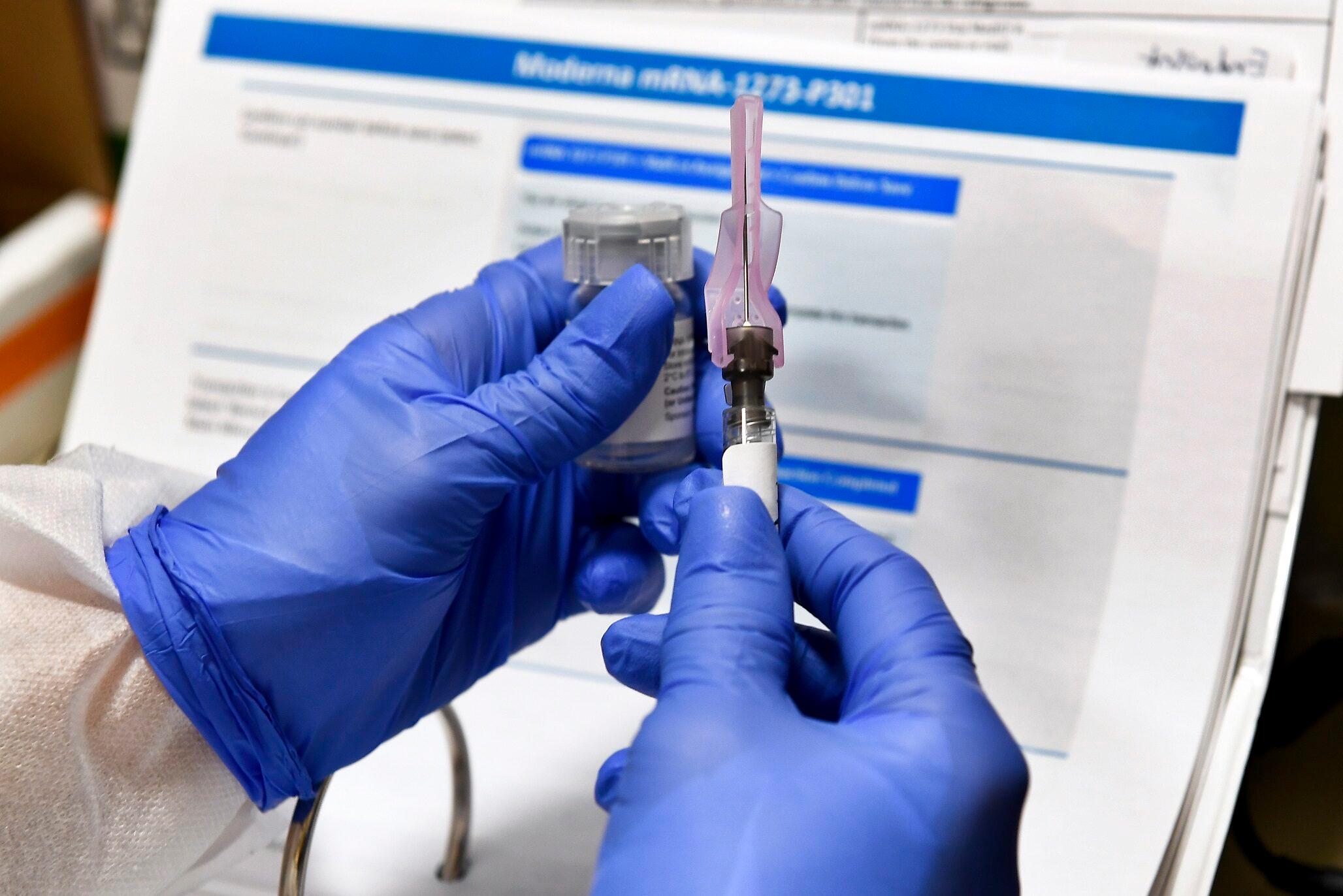
As Colorado nears the start of a big vaccination push to protect people from the coronavirus, a new poll suggests some are hesitant to get it.
The poll of 1,008 people, sponsored by Healthier Colorado, found just 60 percent of respondents said they'd be willing to take a COVID-19 vaccine. That's below the 70 percent estimated by medical groups needed to reach broad protection through herd immunity. The figures were lower with key demographic groups, including Latinx (56 percent) and Black (52 percent) Coloradans, Republicans (42 percent), women (57 percent), and those with a high school education or less (31 percent).
According to Healthier Colorado, the federal Centers for Disease Control and Prevention is not planning to create a COVID-19 vaccine confidence campaign, instead leaving it to the states.
Planning for the distribution of a vaccine has been in the works for months, with public health and medical leaders in Colorado mapping out which groups will be vaccinated in which phases. The drive occurs as a third wave of cases hits the U.S. and Colorado, where the average positivity rate of testing has risen in recent days.
Data reflecting post-Thanksgiving testing is just starting to come in and that should give state public health leaders a window on how big the next wave of cases might be.
The survey was conducted pre-holiday, Nov. 18 to 24.
“It’s going to be up to us here in Colorado to set the record straight on COVID-19 vaccines,” said Jake Williams, executive director of Healthier Colorado. “The polling shows that we have work to do in building confidence in these vaccines, and our economic recovery depends upon our ability to do so. Fake news is a pandemic in itself, and we need to fight it for the sake of people’s health and our economy.”
Several pharmaceutical companies reported earlier in the fall the vaccines they’d developed were showing effectiveness of 90 percent or more at preventing contraction of the virus. Gov. Jared Polis told Colorado Matters he expects the first doses of the Pfizer vaccine will arrive in Colorado as early as the first full week of December. He also has been enthusiastically touting the early effectiveness numbers reported by vaccine makers.
The survey also explored another vexing problem, tied to the pandemic’s economic fallout: housing insecurity.
Healthier Colorado asked respondents how affordable housing was for them and their family. Overall, 47 percent said their housing was not affordable. The figures were higher for Hispanic (55 percent) and Black (51 percent) residents. The poll found more than two-thirds of renters said their housing is unaffordable.
The survey was done by a bipartisan team of Magellan Strategies and Keating Research. The margin of error is +/- 3.09 percent.









